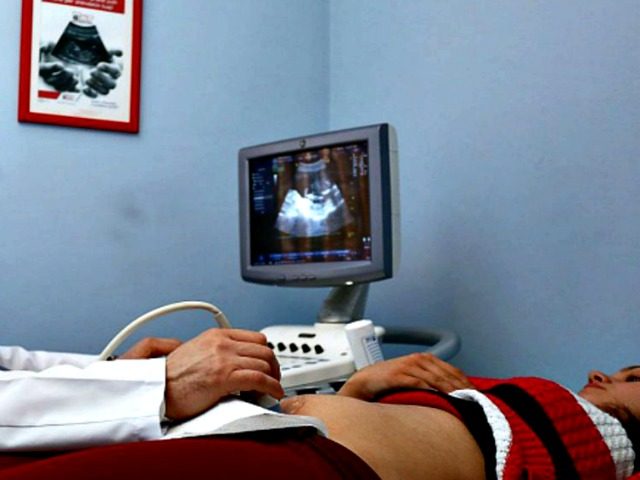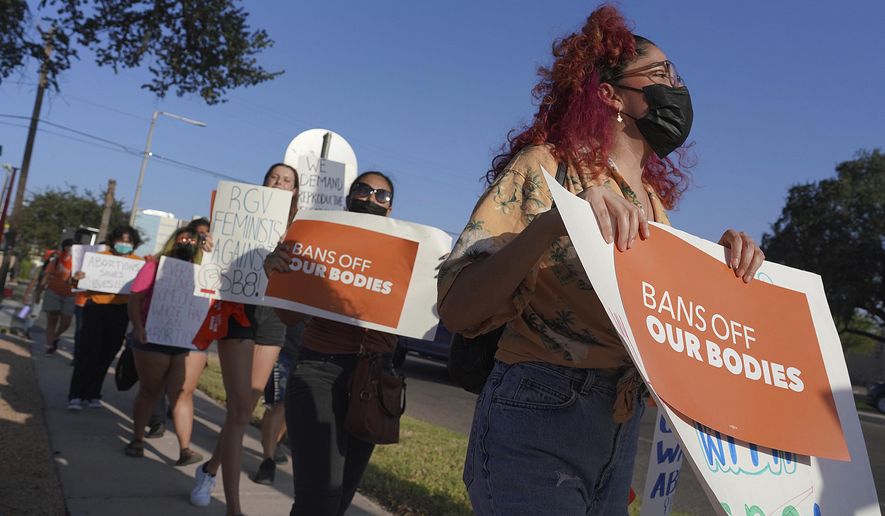 |
| AFP/Getty Images |
The Supreme Court announced in a surprising order on Friday that it will decide whether the Texas Heartbeat Act – including the law’s provision allowing private citizens to bring suit against abortion providers – is permitted by the U.S. Constitution.
The legislation, which was signed by Texas Gov. Greg Abbott (R) in May and went into effect on September 1, bans abortions after a fetal heartbeat is detected, which is usually around six weeks gestation. Since women do not often detect pregnancy prior to the sixth week, the law effectively bans abortions in the state.
The law is different from other pro-life legislation tried in the past, in that the general public — instead of the government — can enforce it. Any private citizen may file a civil lawsuit against an abortion provider or any other individual who “aids or abets” a “criminal abortion.” Abortionists and those who “aid or abet” an abortion after a fetal heartbeat is detected must pay damages of at least $10,000 for each abortion performed or assisted.
The Supreme Court granted review – called a writ of certiorari – sought by several abortion clinics, including Whole Women’s Health and various Planned Parenthoods, and will hear oral arguments on November 1. The Court has been asked to decide whether a state can keep federal courts from reviewing a law that prohibits the “exercise of a constitutional right” by giving the general public authority to enforce a law through civil actions. The Court will also decide whether the Department of Justice has the right to sue the state in order to block the law. --->READ MORE HERE
 |
| Joel Martinez/The Monitor via AP |
The Supreme Court refused Friday to halt Texas’ law banning abortions after a fetal heartbeat is detected, but it did agree to quickly take up the case, scheduling it to be heard Nov. 1.
The justices will decide if the federal government can sue the state, given that state officials don’t enforce the law — private citizens do.
Justice Sonia Sotomayor dissented in part, saying she disagreed with the court‘s move not to halt the law while the litigation is pending.
“These women will suffer personal harm from delaying their medical care, and as their pregnancies progress, they may even be unable to obtain abortion care altogether,” she wrote.
The Justice Department petitioned the justices on the matter Monday after the 5th U.S. Circuit Court of Appeals allowed the law to remain in effect while litigation moves through the courts.
Texas had asked the justices not to grant the Justice Department’s request to bat down the law. --->READ MORE HEREFollow links below to related stories:
+++++Supreme Court Sets November 1 Oral Argument on Texas Abortion Case+++++
The Supreme Court keeps Texas abortion law in place, but agrees to review it
The Supreme Court's Texas Abortion Case Could Give States More Power Than Ever
If you like what you see, please "Like" us on Facebook either here or here. Please follow us on Twitter here.

No comments:
Post a Comment